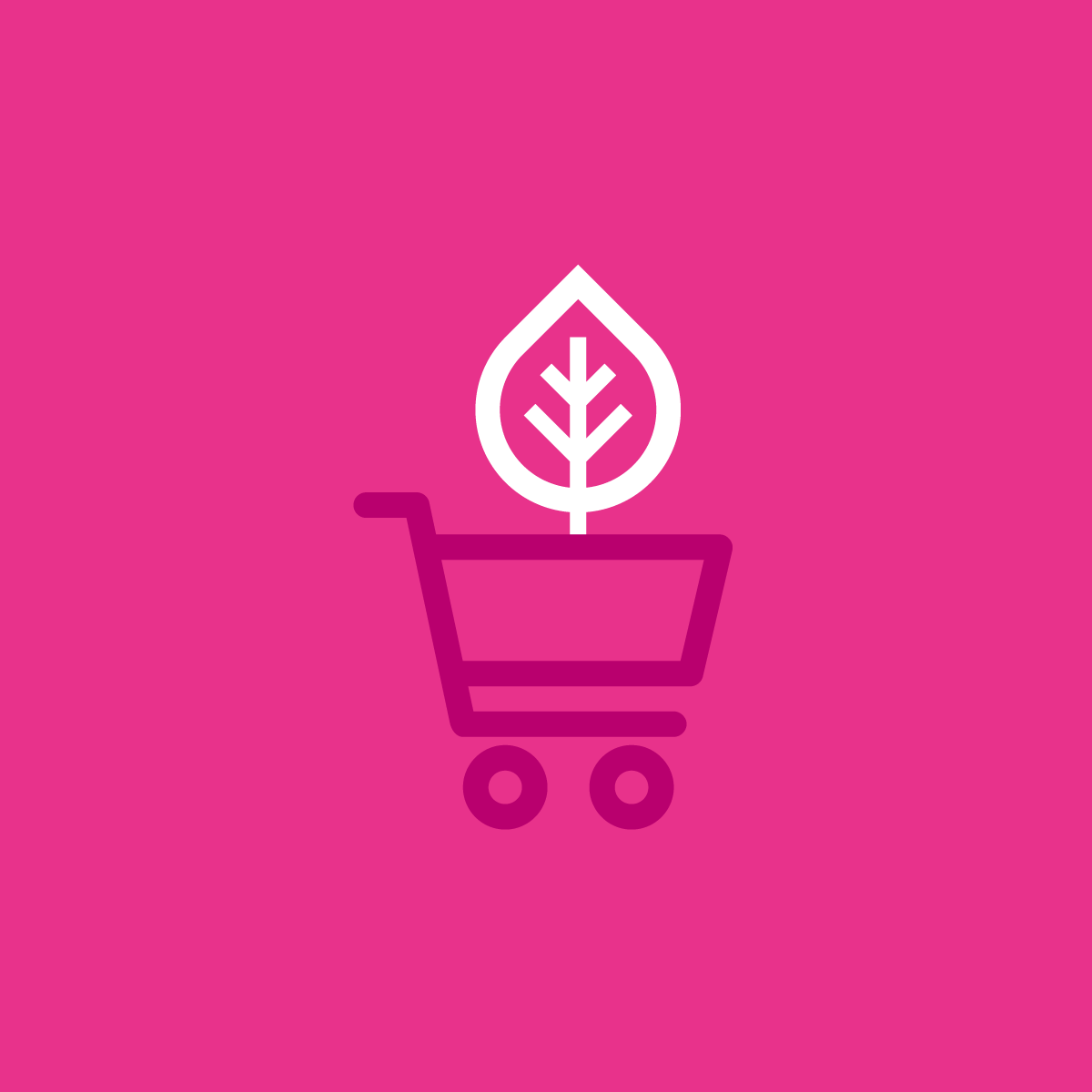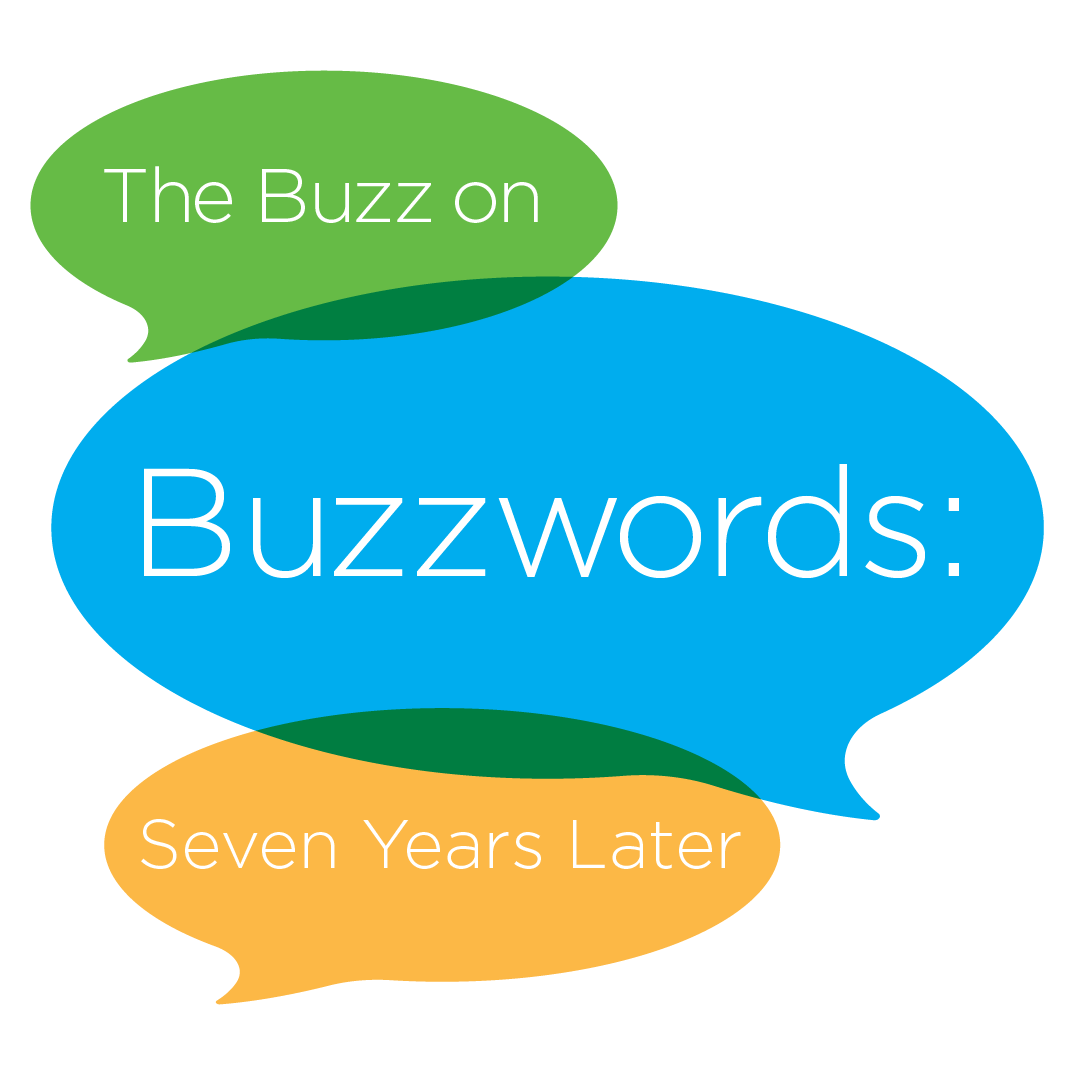Products with sustainability claims are selling. And there’s data to back it up!
Shelton Stat of the Week
45% of people in America want to be seen as someone who buys eco-friendly products – up from 33% in 2013. — Eco Pulse®, 2023 (Global)
I had the pleasure of attending my 14th or 15th Sustainable Brands conference last week. Having been to the event for so many years, I’ve seen my fair share of brand presentations about this initiative or that initiative that felt rather disconnected from strategy — more like cool ideas they could run a little campaign about, but not game-changing approaches that would solve problems in the world while driving the business forward.
This year was different. Major brands laid out comprehensive frameworks for how they’re bettering society and how that work is directly tied to their brand and growth strategies. The CSO and CEO of P&G even beamed in to tell us how sustainability is integral to their business strategy.
And all the firms that keep their finger on the pulse of consumer behavior had some good news to share.
I, of course, presented our latest global data (we’ll have a full report on that coming soon — you can pre-register for it here) and urged the audience to move from only talking about recyclability to also talking about climate and GHG emissions reduction. (Over 71% of people around the world want to hear from companies about how they’re reducing GHG emissions to fight climate change.) Other market research presentations focused more specifically on product claims and consumer behavior related to more sustainable products. Here are my key takeaways:
- From the NYU Stern Center for Sustainable Business: They track new products and pricing across many industries and reported that 48% of new products in the categories they track had a sustainability benefit tied to them. Further, 17.3% of the consumer packaged goods market is now sustainability-marketed products. And while those products command a 27.6% price premium over conventional options, that premium is smaller today than it was a few years ago, as inflationary pressures have driven costs of conventional products higher.
- From NielsenIQ: You may have seen the study they published with McKinsey earlier this year that reviewed 600,000 product SKUs and demonstrated that products making ESG-related claims averaged 28% cumulative growth over the last five years vs. 20% growth for products making no such claims. This presentation dove into how sustainability messaging needs to be personalized to the audience cohort (they identified five segments; we see four in our segmentation system). While “sustainable packaging,” “responsibly sourced” and “zero waste” are universally regarded, specific claims resonate with specific types of people — and that’s how you build brand engagement and sales growth.
- From new media site The Cool Down: Ongoing A-B testing demonstrates that, as we’ve seen for years, people click on content that helps them personally — an article about simple hacks for living a greener life gets more click-throughs than, say, a piece about ways to help the environment. And positive content about a brighter future outperforms doomsday content.
- And Karma Wallet, an app that lets you see the environmental impact of every purchase, has documented that when people shop according to their values (and feel their values are aligned with those of the brands they’re buying from), the transaction value goes up 1.5X and loyalty to the brands goes up 5X.
All in all, I’m pleased to report that we are seeing traction! Brands are connecting their sustainability strategies and business strategies, and launching entire frameworks, not just initiatives. Product innovation/new product development is one part of a strategic ESG approach … and consumers are rewarding companies by buying more products with ESG claims and paying more for them (depending on the category).
I’m at Verge this week and will let you know how our future looks from there!

How to assess ‘sustainable’ products and your own impact as a consumer
— The Verge
It can be hard to see how our individual environmental choices can have an impact on the grander scheme, but people are putting their money behind their values. This Verge article discusses how to navigate the claims that companies are making on products and the impact we can make with our wallets.

— Sustainable Brands
Consumers are savvy to the short-sighted one-off ESG initiatives. They want brands that are developing entire frameworks. This Sustainable Brands article discusses how you can align your business around a purpose that drives results.
Buzz On Buzzwords
Find out what Americans think about sustainability, what different “green” words mean to them and how they interpret and respond to the jargon you may be using.


-
-
-
-
-
-
-
-
-
-
-
-
-
-
-
-
TAGS:Corporate Sustainability, Energy & Environmental Marketing, Environmental Issues